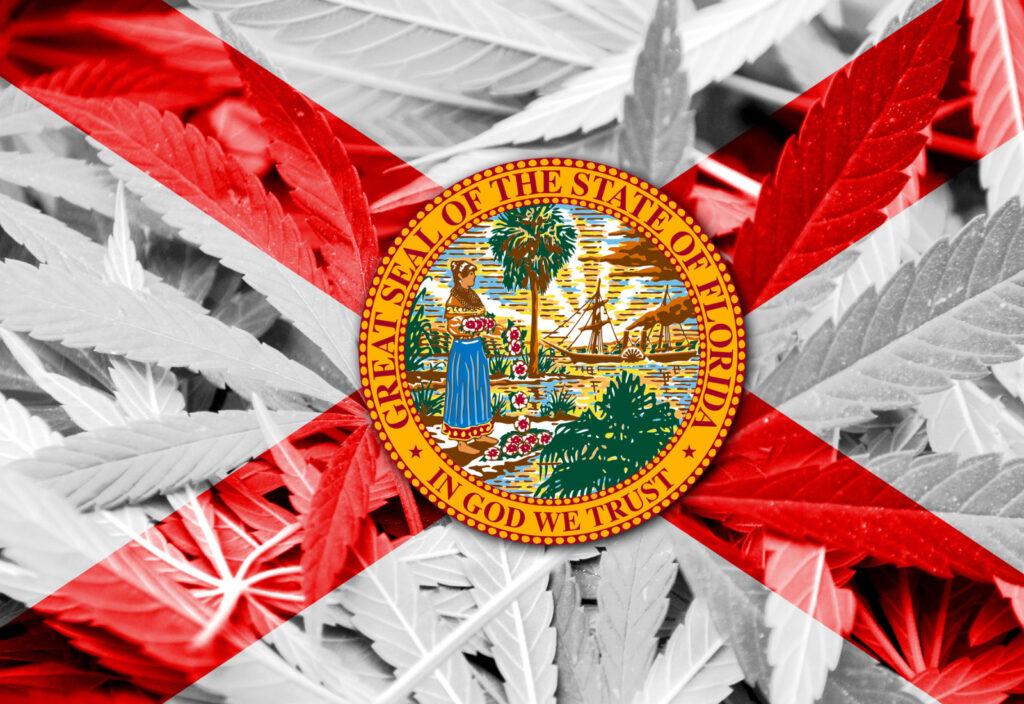The Florida Supreme Court will consider the legality of an initiative to get adult-use cannabis legalization on the 2024 ballot. Per Florida law, the state’s attorney general must request an advisory opinion from the Florida Supreme Court on whether the proposed measure complies with certain legal requirements. One of the issues is whether the initiative satisfied the requirements of Section 101.161(1) of the Florida Statutes, which requires “a ballot summary … in clear and unambiguous language.”
In her petition requesting the advisory opinion, Florida’s Attorney General Ashley Moody indicated that she believes that the proposed amendment does not “fails to meet the requirements of Section 101.161(1).” The AG’s brief in support of her position is due before the Florida Supreme Court by June 26.
The Florida Supreme Court has shot down two earlier legalization initiatives on the grounds that they did not comply with Section 101.161(1). In both instances, AG Moody submitted briefs opposing the initiatives.
In June 2021, when considering a similar amendment to legalize adult-use cannabis, Florida’s top court found that “the language in the ballot summary indicating that the proposed amendment ‘regulates marijuana … for limited use … by persons twenty-one years of age or older’ is affirmatively misleading and fails to comply with section 101.161(1), Florida Statutes.” According to the court, “the ballot summary plainly tells voters that the proposed amendment ‘limit[s]’ the personal use—i.e., consumption—of recreational marijuana by age-eligible persons. But the proposed amendment itself does not do so.” It would, in the court’s view, “be more accurate if the summary stated: ‘Regulates marijuana … for the potentially unlimited use … by persons 21 years of age or older.'”
Just a couple of months earlier, Florida’s top court had nixed another cannabis initiative, again pointing to a failure to meet the requirements of Section 101.161(1). In that case, the court held that “the language in the ballot summary indicating that the proposed amendment unqualifiedly ‘permits’ the use (and distribution) of recreational marijuana is affirmatively misleading.”
For related reading on that ruling and cannabis ballot measures more generally, check out: Cannabis Ballot Measures are a Sucker’s Game: Notes from South Dakota, Mississippi, Nebraska and Florida.
























